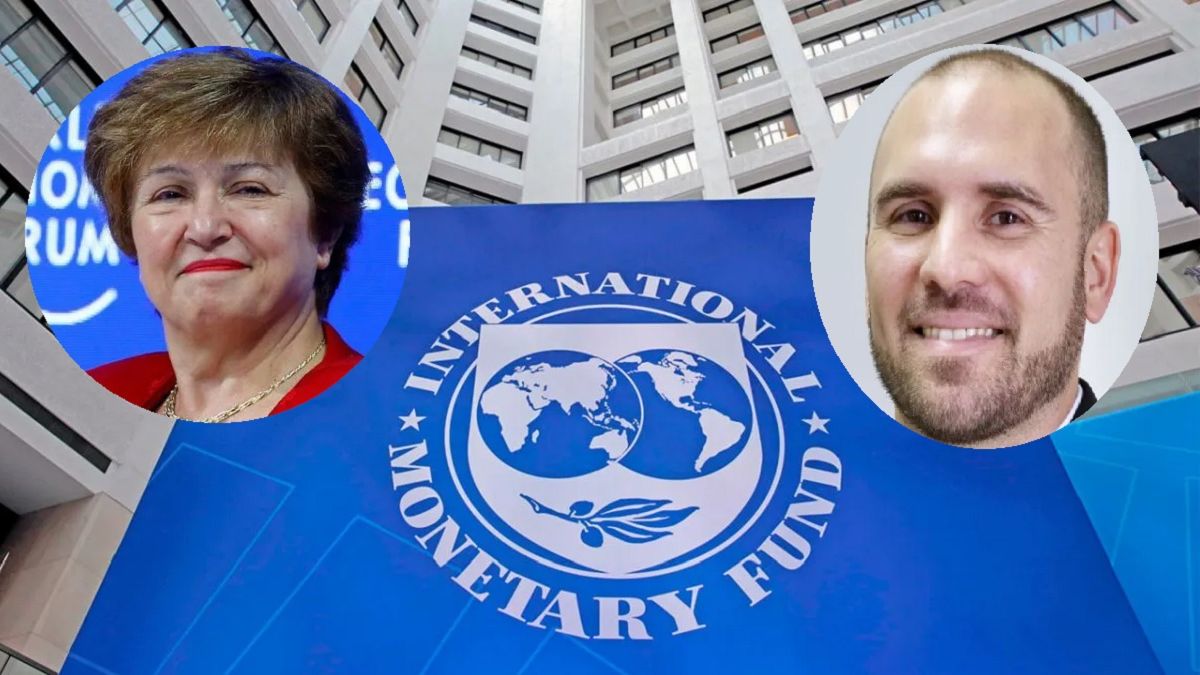This implies that until September 30 there would be time to continue the dialogue. During that time, the debtor would have time to comply or, in this case, to continue negotiating an Extended Facility. In this period, Argentina would not be unable to receive money from the World Bank and the Inter-American Development Bank (IDB); but only of programs and credits already granted. You will not be able to ask for extra money.
There is a consensus among economists: the consequences would be a turbulent first semester in exchange matters, something that would not only put pressure on inflation – due to the exchange rate gap close to 100% – but would also leave the country extremely vulnerable to possible attacks from abroad that promises a complex 2022 for emerging economies.
But in case of not facing one of the payments – be it in January, February or March – the IMF could ask Argentina to pay what was not paid and with interest. This was stated by Francisco Matting of Consultatio interviewed by Bloomberg. In this way, the country could postpone payment for six months but will not be able to sign an agreement without presenting a plan and regularizing the debt.
But another more palpable consequence, in addition to the economic variables that would be at risk of reaching even higher peaks than the current ones, is that the financing of dollars from the IDB and other multilateral organizations would be cut off. It would be classified as a “virtual default” despite the fact that the IMF still has those six months available.
For Fundación Mediterránea, in case of entering into arrears in payments to the Fund and the Paris Club – to which it must pay in February – there would be a risk of lack of control in the economic variables. But, if an agreement were reached, it could alleviate the impact it would have on activity and the restriction of imports, moving away from the risk of a considerable increase in inflation. Recently, importers began to streamline the processes due to the risk of a spike in the exchange rate and also of the Central Bank taking more restrictive measures.
Were there other experiences?
Since the International Monetary Fund (IMF) avoided making an agreement with Argentina in 2001 due to past breaches, other countries with debts to the agency also had similar moments: Liberia, Afghanistan and the Congo. And in the closest cases: Angola and Egypt. Although there is a substantial difference: his debts were up to US$1 billion, far from the US$45,000 owed by the agreement made by former President Mauricio Macri. The common denominator in these cases for the countries was a brutal fiscal adjustment. In the case of Angola, the debt with the Fund was US$12,000 million with reserves capable of sustaining payments. Argentina requires an exception: despite the fiscal surplus obtained in 2021, its reserves are not in a position to pay current maturities.
Source From: Ambito
David William is a talented author who has made a name for himself in the world of writing. He is a professional author who writes on a wide range of topics, from general interest to opinion news. David is currently working as a writer at 24 hours worlds where he brings his unique perspective and in-depth research to his articles, making them both informative and engaging.




